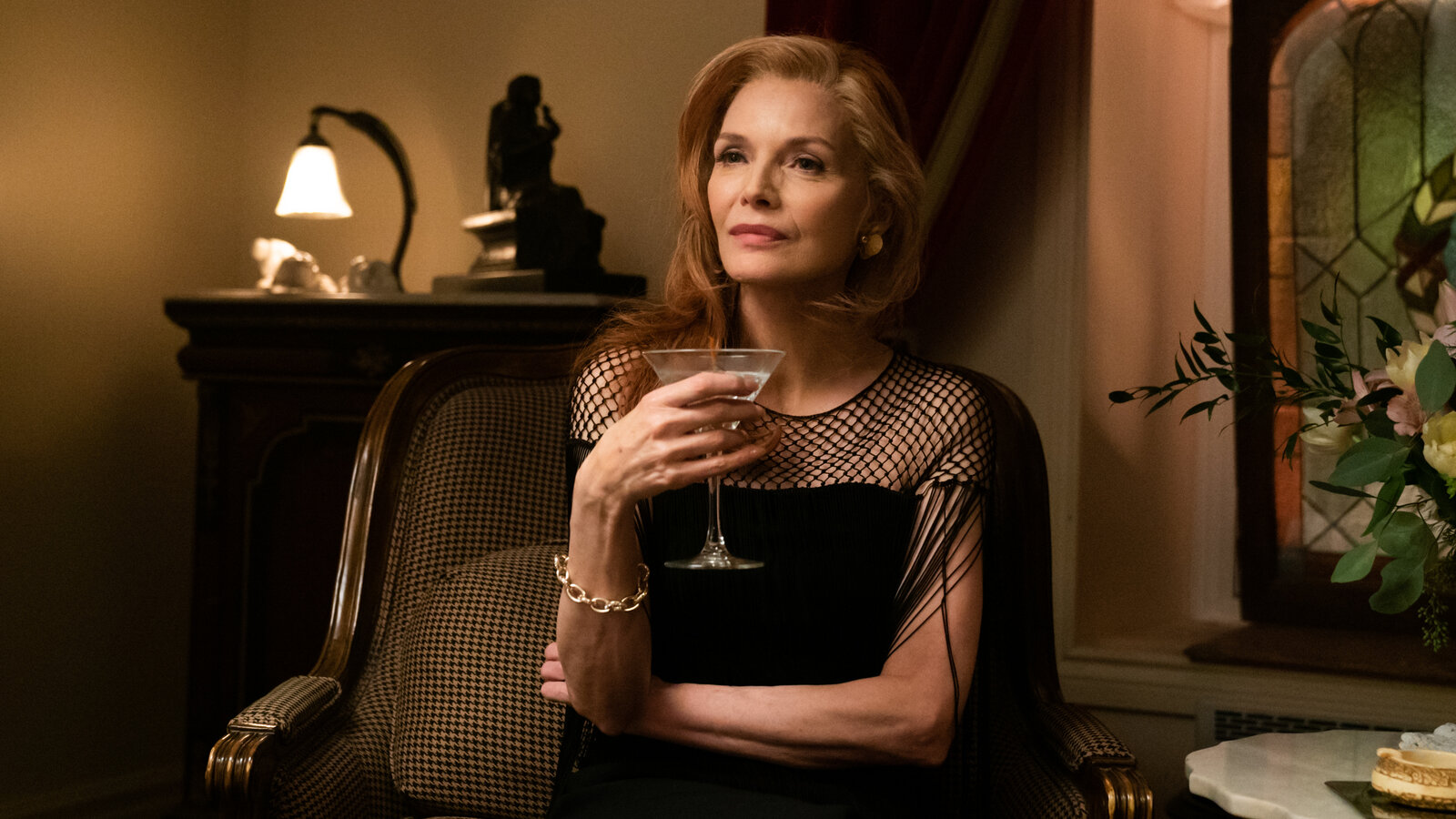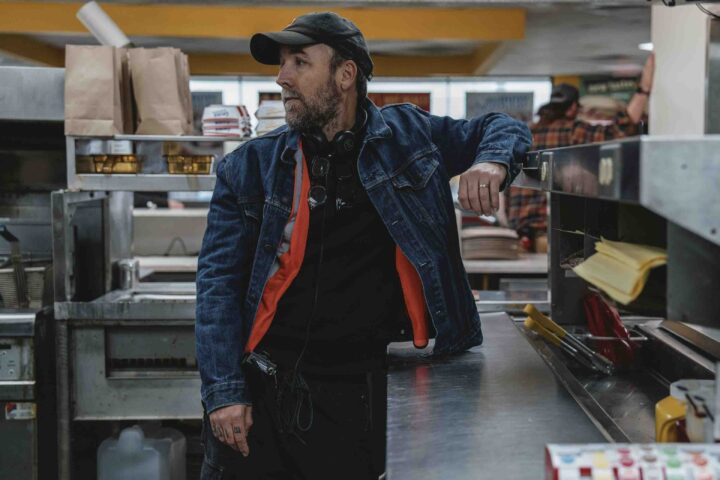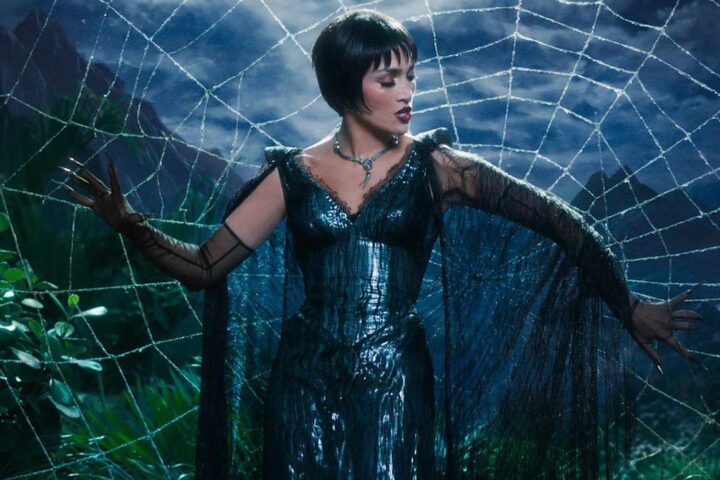The primary reason (perhaps the only one) to see French Exit is a glorious Michelle Pfeiffer, one of the few remaining great American movie stars, in an ace performance that sustains a sometimes too precious picture that is an altogether mixed bag.
Picture opens with uber-wealthy Manhattan widow France Price shocked to learn that she’s lost the bulk of her remaining fortune, on which she intended to live out her remaining days. It’s nearly all gone, her accountant explains, but instead of scaling down and taking a job somewhere – heavens no – she decides to withdraw the little that’s left and close out her final chapter on a generous offer from a concerned friend (Susan Coyne) with an empty apartment in Paris. When the money is gone, she will go too – at least that’s the plan.
Tagging along on her coda is son Malcom, played by Lucas Hedges, who is unaware of his mother’s intentions, and who has a fiancé (Imogen Poots) to contend with, and a budding closeness with an unlikely American psychic (Patty Cake$’ Danielle MacDonald), also bumming around Paris. Hedges, also currently in Steven Soderbergh’s Let Them All Talk, contributes another performance as second banana to an aging, complicated matriarch.
Frances’ plan is to end her life once the money runs out, and at the rate she’s going – handing thousands to a homeless man, over-tipping a server in the café and otherwise burning through it hand over fist – it won’t be long. Why is she in such a hurry? No denying this is an intriguing set-up. But what happens next isn’t all that compelling.
Instead of exploring what might engender some insight – looking into the soul of a very particular woman brought low, uninterested in reinvention – writer Patrick de Witt (who also authored the novel) and director Azazel Jacobs (The Lovers) lean hard into quirkiness. There’s an unorthodox friendship with a hanger-on American ex-pat desperate for Frances’ friendship, well-played by Valerie Mahaffey in an unpredictable role, and the psychic who hangs around long enough until she has a purpose in the denouement.
And when that third act arrives it reinforces its film’s interest in whimsy at the expense of character, involving a cat that harbors the spirit of Frances’ deceased husband (and can also channel his voice, courtesy of Tracy Letts, who appeared in Jacobs’ better 2017 The Lovers). None of these developments are inherent missteps in any comedy, but collectively do not make for a wholly involving picture; the tone can often feel so offbeat as to be alienating.
Perhaps the best way to engage with French Exit is on a sum-of-its-parts level. Pfeiffer is so good here, so able to roll with the frequent preposterousness while conveying the dimensions of a very specific character – sardonic, sad, weary, resigned, caustic, maternal – that she’s the reason to see the film. It’s a good reason, but one that deserves a better film rather than one that puts her through absurdist paces. Pfeiffer, rarely in films these days, is game for the idiosyncrasies. We do get one very satisfying mother-son reckoning in the final reel , reinforcing what has been missing.
French Exit is worth seeing for Pfeiffer – and that’s a good enough reason to stick it out.
3 stars.



